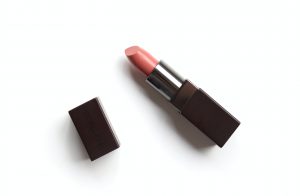USC Learns the Hard Way

A recent lawsuit filed against the University of Southern California (USC) and 2U, Inc., a publicly traded company, alleges that the institution of higher education provided limited information and statistics to U.S. News & World Report. In order to draw in prospective students to online programs, USC presented favorable rankings, which were only accurate for one in-person program. According to the lawsuit, USC has established a history of supplying misleading information to U.S. News & World Report and allegedly withheld data that might have influenced a lesser rank. USC is placing blame on the dean of the Rossier School of Education.



